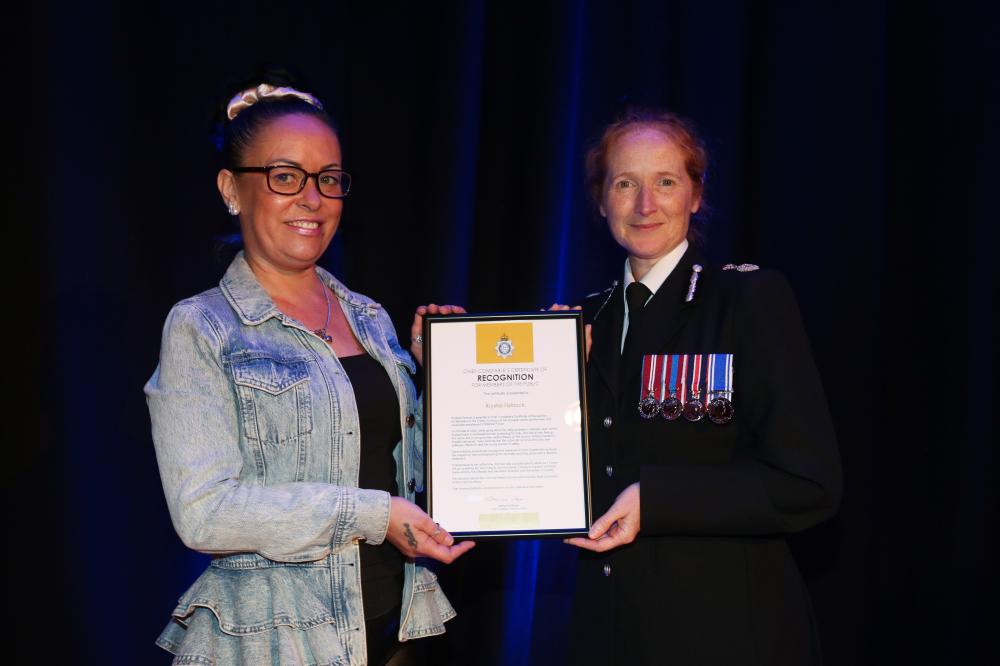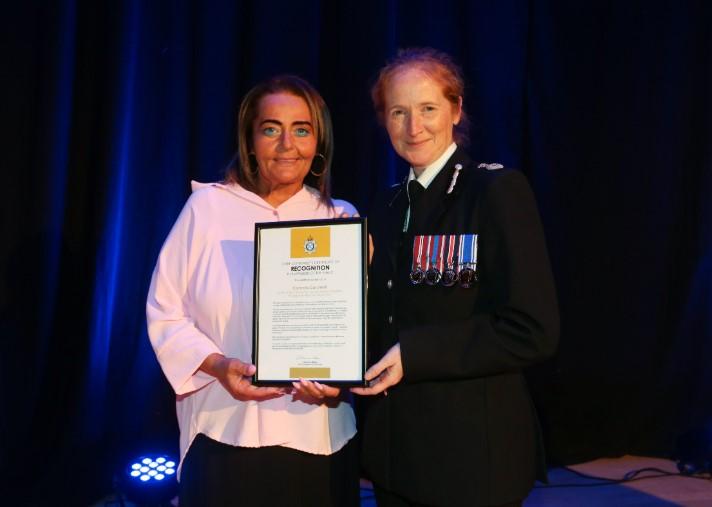A new report by a charity has revealed that the decline in reading for pleasure among children and young people across the South West continues.
Against this backdrop, there is strong evidence that the charity’s ambitious, community-led programme, Connecting Stories – which also delivers in Swindon – is having a positive impact on attainment in the high-priority schools where the charity works most intensively. Key Stage 2 results for combined Reading, Writing and Maths in these schools have increased significantly between 2022 and 2024, with pupils catching up with their national peers.
“But our research also offers hope. Young people are still motivated to read when it connects to their interests, when they have choice, and when it feels relevant to their lives. We must meet young readers where they are – emotionally, culturally and digitally – if we are to reignite a love of reading across the UK.”
The data shows that both children's and young people’s reading enjoyment and daily reading frequency have fallen to their lowest levels since the charity began tracking them 20 years ago.
Just one in three (32.7 percent) children and young people aged 8 to 18 nationally said they enjoyed reading 'very much' or 'quite a lot' in 2025 – a slight drop from the previous year, but part of a much longer decline. Compared to 2005, this marks a 36 percent drop in reading enjoyment.
In the South West, 32.3 percent children and young people aged 8 to 18 said they enjoyed reading in their free time.
- Two in five said they were more motivated to read when the material related to a favourite film or TV series or that matched their interests or hobbies.
- Three in 10 were drawn in by an interesting book cover or title.
- One in four valued having the freedom to choose what they read.
- One in five were inspired by reading recommendations from friends, family, or teachers.
Even among those who say they don’t enjoy reading, many still choose to read song lyrics, news articles, fiction, comics and fan fiction in their free time, which the charity says highlights how it might re-engage this group with reading.
Half of children and young people still read fiction or short stories in print each month, with two in five reading non-fiction books. Comics and graphic novels and magazines also remain popular choices in this format. Digital formats dominated in other categories, with song lyrics and news articles mostly read on screens.
There is a known link between reading for pleasure and reading skills, wellbeing, empathy, confidence, and aptitude for learning, with children and young people who enjoy reading in their free time being twice as likely to have above average reading skills.
There is also a link between reading for pleasure and benefits to the UK economy. Previous research found that if all school-aged children in the UK read for pleasure every day, the number getting five good GCSEs by the age of 16 could increase by 1.1m within 30 years, boosting their average lifetime earning potential by £57,500 and adding £4.6bn to the UK’s GDP each year.
The charity continues its commitment, over three years, to directly support and empower 1.5m more children and young people from disadvantaged communities to read for pleasure. This includes ensuring every primary school has a dedicated library or reading space by 2028 through its Libraries for Primaries campaign and supporting young families with children aged up to five through its Early Words Matter campaign, which champions the crucial role of stories, songs and shared book experiences in building early language and emotional bonds that form the bedrock of future reading enjoyment and success.
In response to England’s ongoing Curriculum and Assessment Review, the charity has also called for a culture of reading for pleasure to be embedded into all levels of the education system.
A range of free resources to help families, teachers and businesses encourage children’s reading can be found at literacytrust.org.uk/reading-









Your Comments
Be the first to comment on this article
Login or Register to post a comment on this article